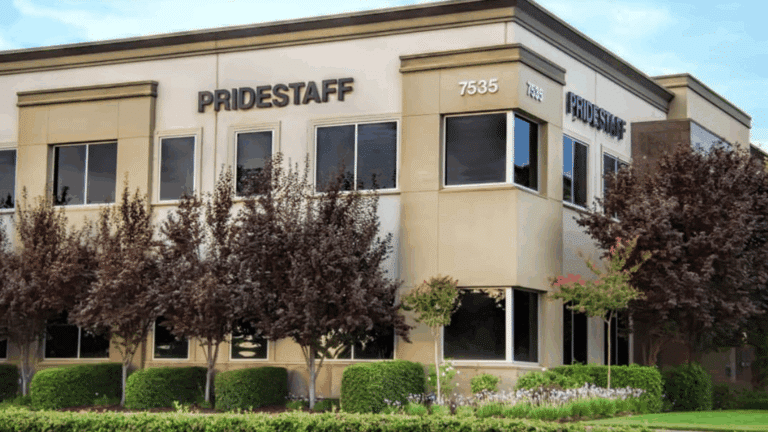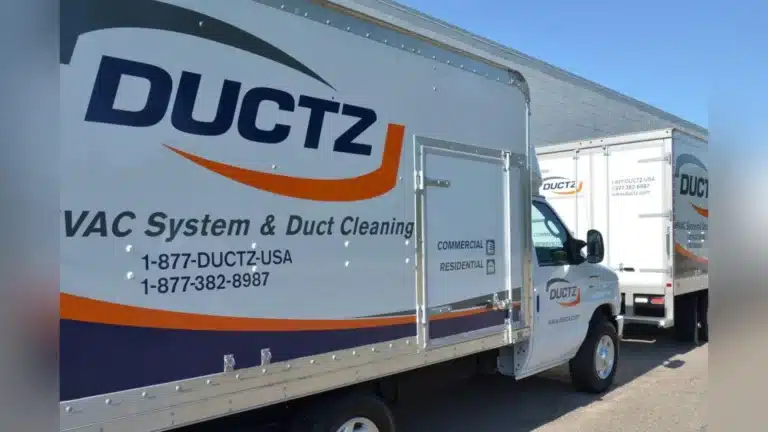How Much It Costs to Open a Convenience Store: Examples

Opening a convenience store can be a profitable venture, but it comes with significant upfront costs. From securing the right location to stocking inventory, every step requires careful financial planning. In this post, we’ll break down the key startup costs involved in opening a convenience store, with both low and high estimates to give you a clear idea of the investment needed.
We’ll also provide real-world examples, including Circle K, one of the leading convenience store franchises, to highlight the range of expenses you might face. Additionally, we’ve included a very detailed example budget to help you plan your own store’s launch and a free downloadable template to assist with your financial projections.
By the end of this post, you’ll have a detailed understanding of how much it costs to open a convenience store and the key factors that influence your startup investment.
FREE CONVENIENCE STORE BUDGET TEMPLATE
This is our free budget template built for entrepreneurs who need to estimate their startup costs for a convenience store. We’ve included low and high estimate cost breakdowns. Free download.
The Circle K Example
We’ve looked at Circle K financial disclosure and more especially its Franchise Disclosure Document. In there, they detail how much it costs to start a Circle K franchise.
These estimates give then a good example of how much it actually costs to open a convenience store.
On average it costs $1,433,000 to $2,714,000 to start a Circle K convenience store from the ground up. Of course, you can expect to spend a large share of this into real estate (buying the land, constructing the building, remodeling, etc.). In total, you would have to spend half in real estate ($850,000 – $1,500,000 exactly).
Here’s the detail of startup costs required to start a Circle K convenience store:


Convenience Store Startup Cost Breakdown
How much it costs to start a convenience store? Starting an independent convenience store can require an investment ranging from $1,432,000 to $2,672,500, depending on factors such as location, store size, and services offered.
The lower end of the estimate includes essential costs like basic construction, inventory, and equipment. Higher-end estimates account for more extensive renovations, premium equipment, and a larger initial inventory.
| Cost Category | Low | High |
|---|---|---|
| Construction, Remodeling, and Leasehold Improvements | $850,000 | $1,500,000 |
| Other Site Development Costs | $40,000 | $100,000 |
| Furniture, Fixtures, and Equipment | $400,000 | $800,000 |
| Point of Sale (POS) System | $40,000 | $50,000 |
| Travel and Living Expenses (If Applicable) | $3,500 | $15,500 |
| Real Estate (Purchase or Rent) | Varies based on location | Varies based on location |
| Signs | $15,000 | $45,000 |
| Security Deposits, Licenses, and Permits | $2,000 | $10,000 |
| Utility Deposits | $1,500 | $5,000 |
| Merchandise Inventory | $60,000 | $100,000 |
| Professional Fees (Legal, Accounting, etc.) | $1,000 | $5,000 |
| Insurance | $4,500 | $12,000 |
| Grand Opening Costs | $5,000 | $10,000 |
| Additional Funds (3 months of operating costs) | $10,000 | $20,000 |
| Total Estimated Costs | $1,432,000 | $2,672,500 |
Now we are detailing below some of the most important startup costs discussed earlier:
Construction, Remodeling, and Leasehold Improvements
Construction, remodeling, and leasehold improvements are major startup costs for an independent convenience store.
These expenses cover preparing the retail space to be fully functional and customer-friendly. Costs vary depending on the location, store size, and the extent of renovations required.
For a smaller convenience store, a low estimate of $850,000 would cover basic construction and renovations like installing shelving, counters, lighting, and minimal electrical or plumbing updates.
A larger or premium store may require up to $1,500,000, which would include more extensive remodeling, custom interiors, advanced HVAC systems, and expanded retail space.
| Cost Item | Low | High |
|---|---|---|
| Basic Renovations (shelving, lighting, flooring) | $400,000 | $700,000 |
| Advanced Renovations (HVAC, electrical upgrades) | $300,000 | $500,000 |
| Custom Interiors (counters, display units) | $150,000 | $300,000 |
| Total Costs | $850,000 | $1,500,000 |
Other Site Development Costs
Site development costs are additional expenses required to prepare the land or retail space for the construction and operation of a convenience store.
These costs typically include fees for architects, engineers, landscaping, and parking lot development. The extent of site development varies based on the store’s location and size.
For smaller stores, a low estimate of $40,000 covers basic site work such as landscaping, parking lot creation, and essential site utilities. Larger or premium stores may require up to $100,000, including more complex site development, extensive landscaping, and additional infrastructure.
| Cost Item | Low | High |
|---|---|---|
| Basic Landscaping and Utilities | $15,000 | $40,000 |
| Parking Lot Development | $10,000 | $25,000 |
| Architects and Engineers Fees | $15,000 | $35,000 |
| Total Costs | $40,000 | $100,000 |
Furniture, Fixtures, and Equipment
Furniture, fixtures, and equipment (FF&E) are essential startup expenses for an independent convenience store.
These costs include everything from shelving units, display cases, and refrigerators to checkout counters and other operational equipment. The scale of the store and the quality of equipment largely determine the total investment.
For a smaller store, a low estimate of $400,000 would cover basic shelving, coolers, counters, and standard equipment. A larger or premium store may require up to $800,000, which would include high-end display fixtures, premium refrigeration units, and custom furniture.
| Cost Item | Low | High |
|---|---|---|
| Shelving and Display Fixtures | $100,000 | $200,000 |
| Refrigeration Units and Coolers | $150,000 | $300,000 |
| Checkout Counters and POS Equipment | $50,000 | $100,000 |
| Furniture and Office Equipment | $100,000 | $200,000 |
| Total Costs | $400,000 | $800,000 |



